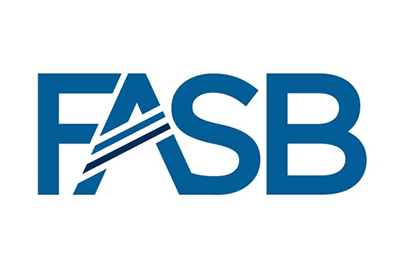FASB Issues Standard to Improve the Accounting for and Disclosure of Certain Crypto Assets
–
December 14, 2023

The Financial Accounting Standards Board (FASB) has published an Accounting Standards Update (ASU) intended to improve the accounting for and disclosure of certain crypto assets.
“The new standard responds to feedback from stakeholders of all backgrounds who indicated that improving the accounting for and disclosure of crypto assets should be a top priority for the Board,” stated FASB Chair Richard R. Jones. “It will provide investors and other capital allocators with more relevant information that better reflects the underlying economics of certain crypto assets and an entity’s financial position while reducing cost and complexity associated with applying current accounting.”
The amendments in the ASU improve the accounting for certain crypto assets by requiring an entity to measure those crypto assets at fair value each reporting period with changes in fair value recognized in net income. The amendments also improve the information provided to investors about an entity’s crypto asset holdings by requiring disclosure about significant holdings, contractual sale restrictions, and changes during the reporting period.
The amendments in the ASU apply to all assets that meet all the following criteria:
- Meet the definition of intangible asset as defined in the FASB Accounting Standards Codification®
- Do not provide the asset holder with enforceable rights to or claims on underlying goods, services, or other assets
- Are created or reside on a distributed ledger based on blockchain or similar technology
- Are secured through cryptography
- Are fungible
- Are not created or issued by the reporting entity or its related parties.
The amendments in the ASU are effective for all entities for fiscal years beginning after December 15, 2024, including interim periods within those fiscal years. Early adoption is permitted for both interim and annual financial statements that have not yet been issued (or made available for issuance). If amendments are adopted in an interim period, they must be adopted as of the beginning of the fiscal year that includes that interim period.
The information in this guide has been gathered from many sources, including the Internal Revenue Service, the Social Security Administration, state agencies, professional organizations and members of the NJCPA. The COVID-19 pandemic has prompted the majority of state agencies to offer more online and prerecorded services. Though offices have reopened after the COVID-19 shutdown, it’s best to check online or call before you visit.
Material contained within this guide should be augmented by, and used in accordance with, a certified public accountant's professional judgment. Your CPA can properly apply the tax laws and regulations to the facts and circumstances of your particular situation. For help with locating a CPA, visit findacpa.org.
The New Jersey Society of Certified Public Accountants is not responsible for any claims arising as a result of this information or its usage.
This guide was updated in October 2023. Future users of this material are cautioned that some portions, particularly tax-related information, may become outdated.